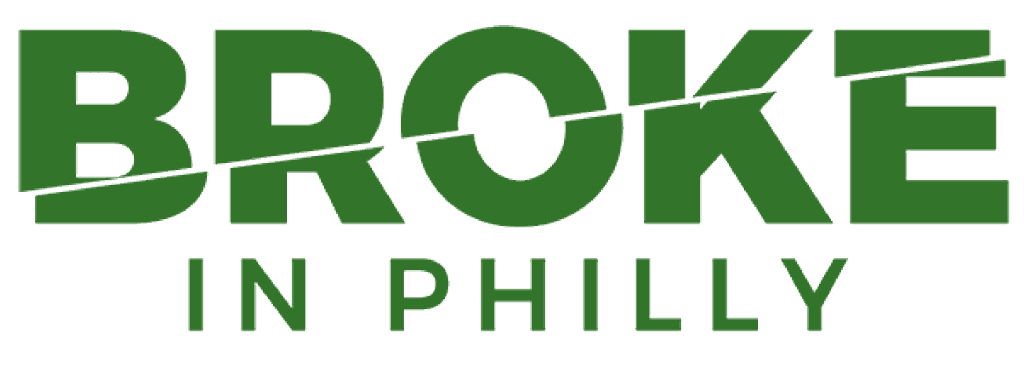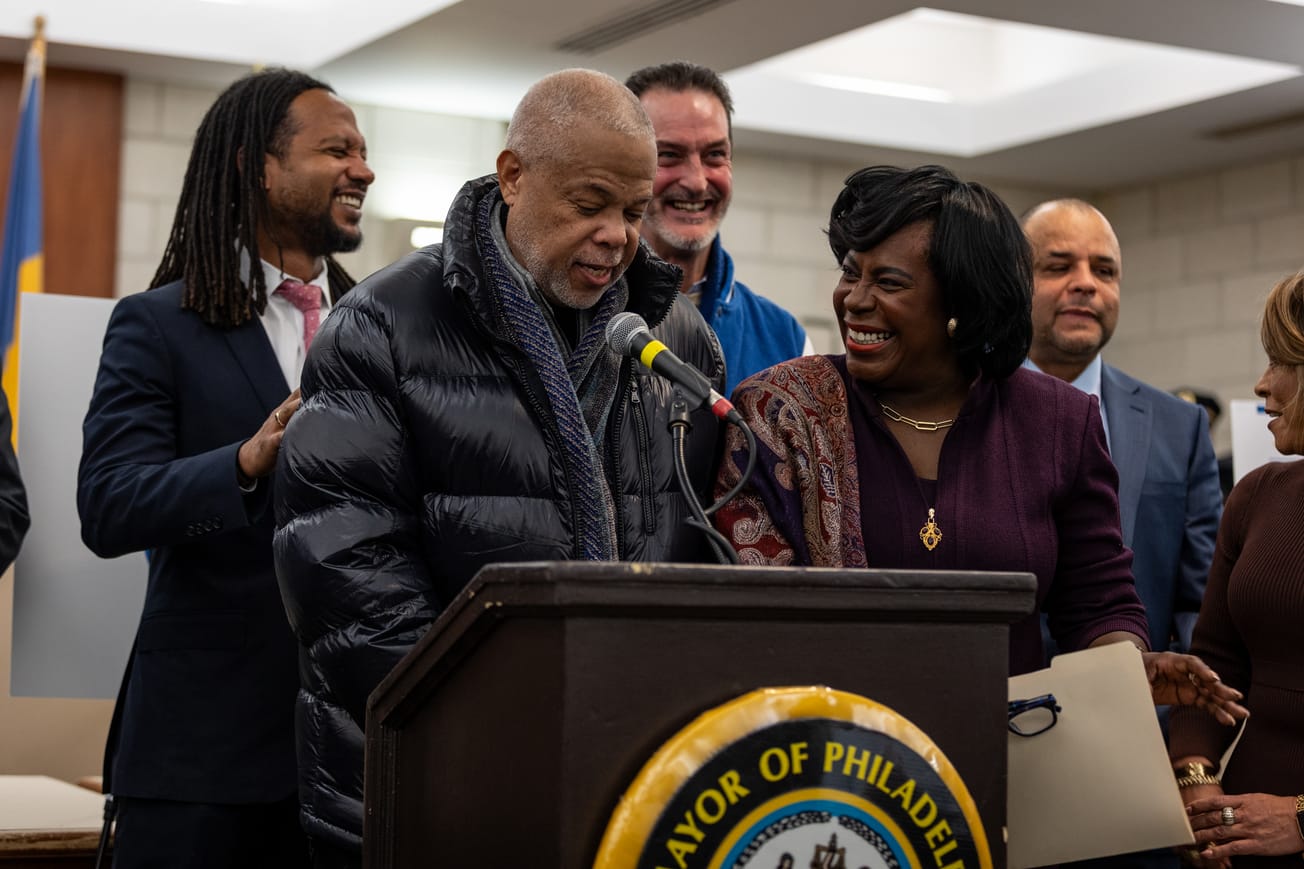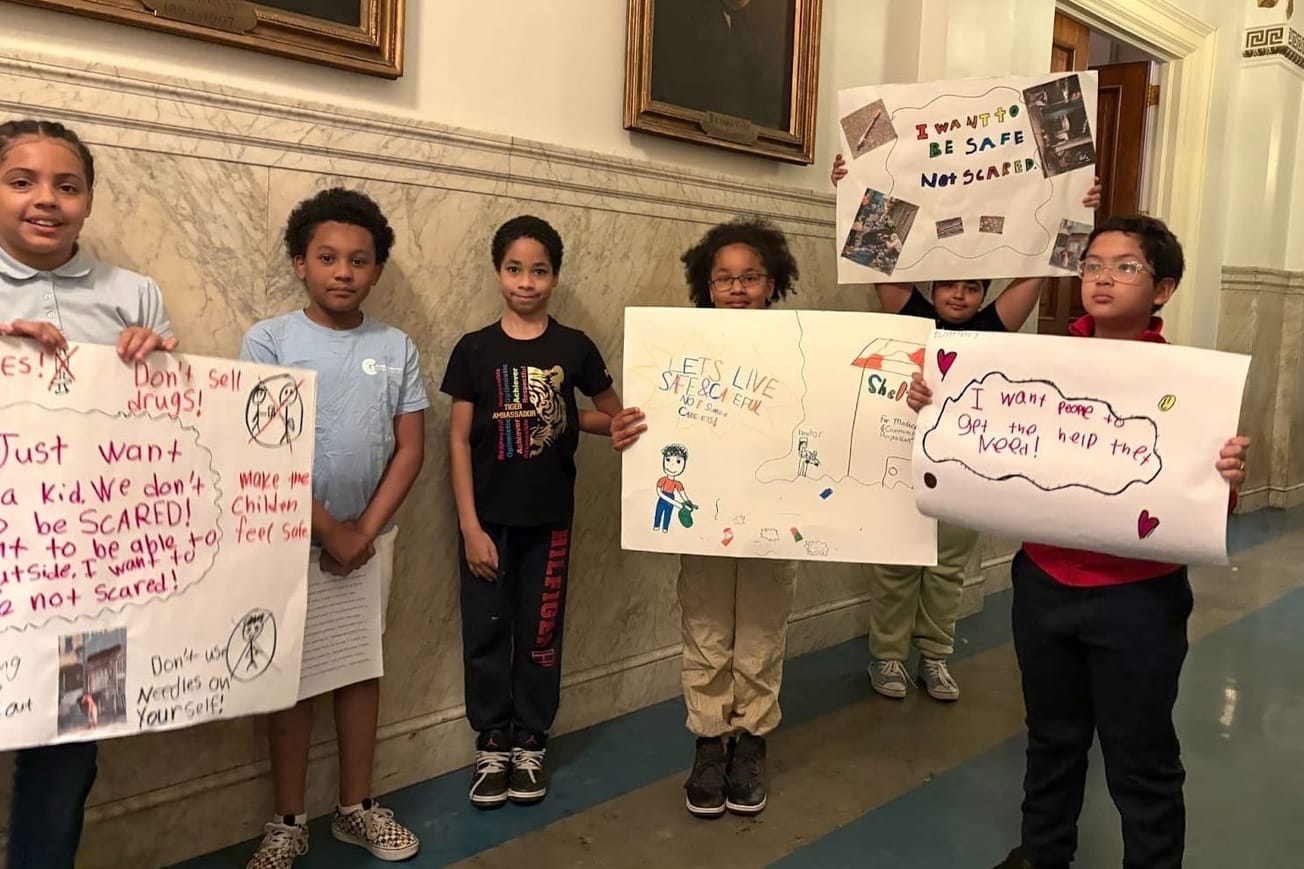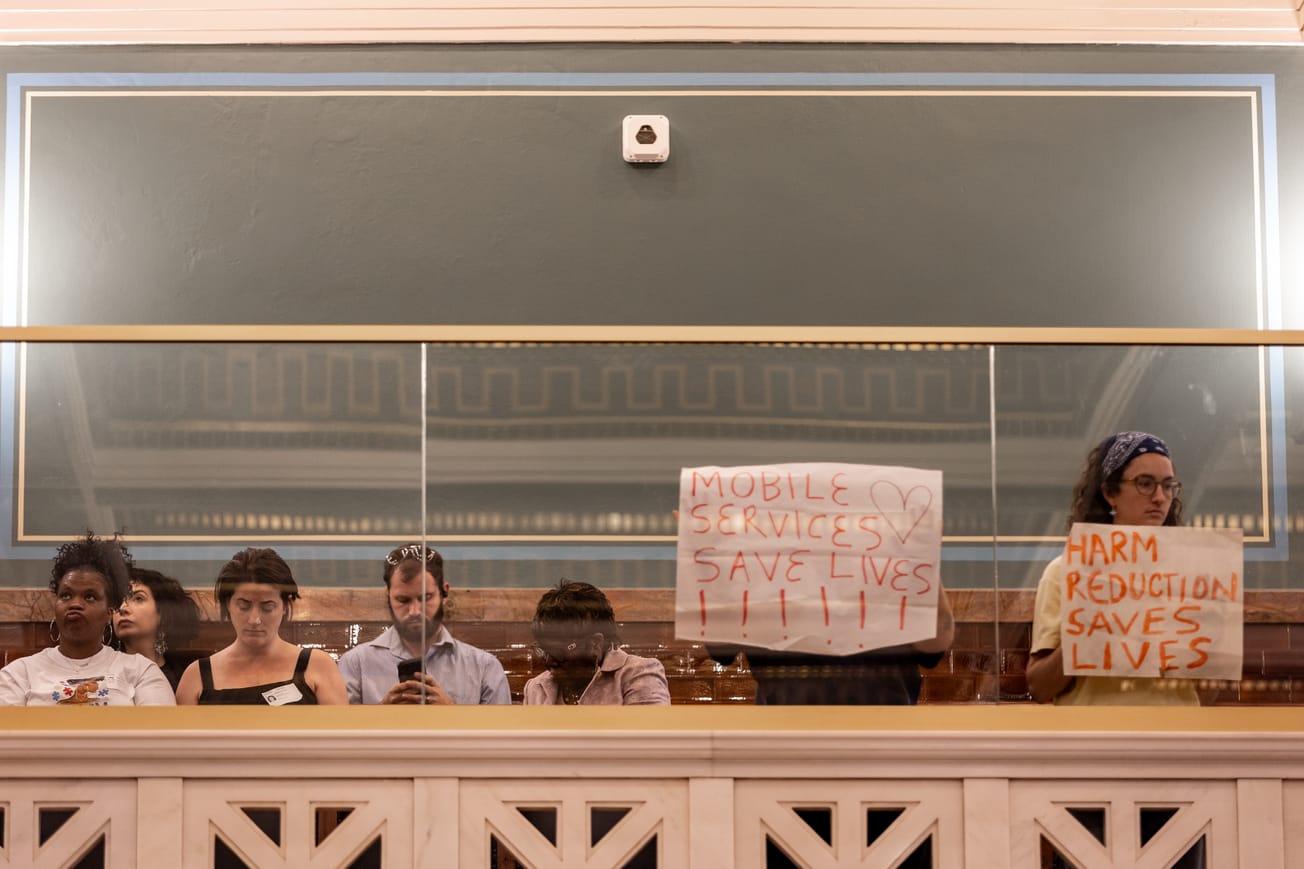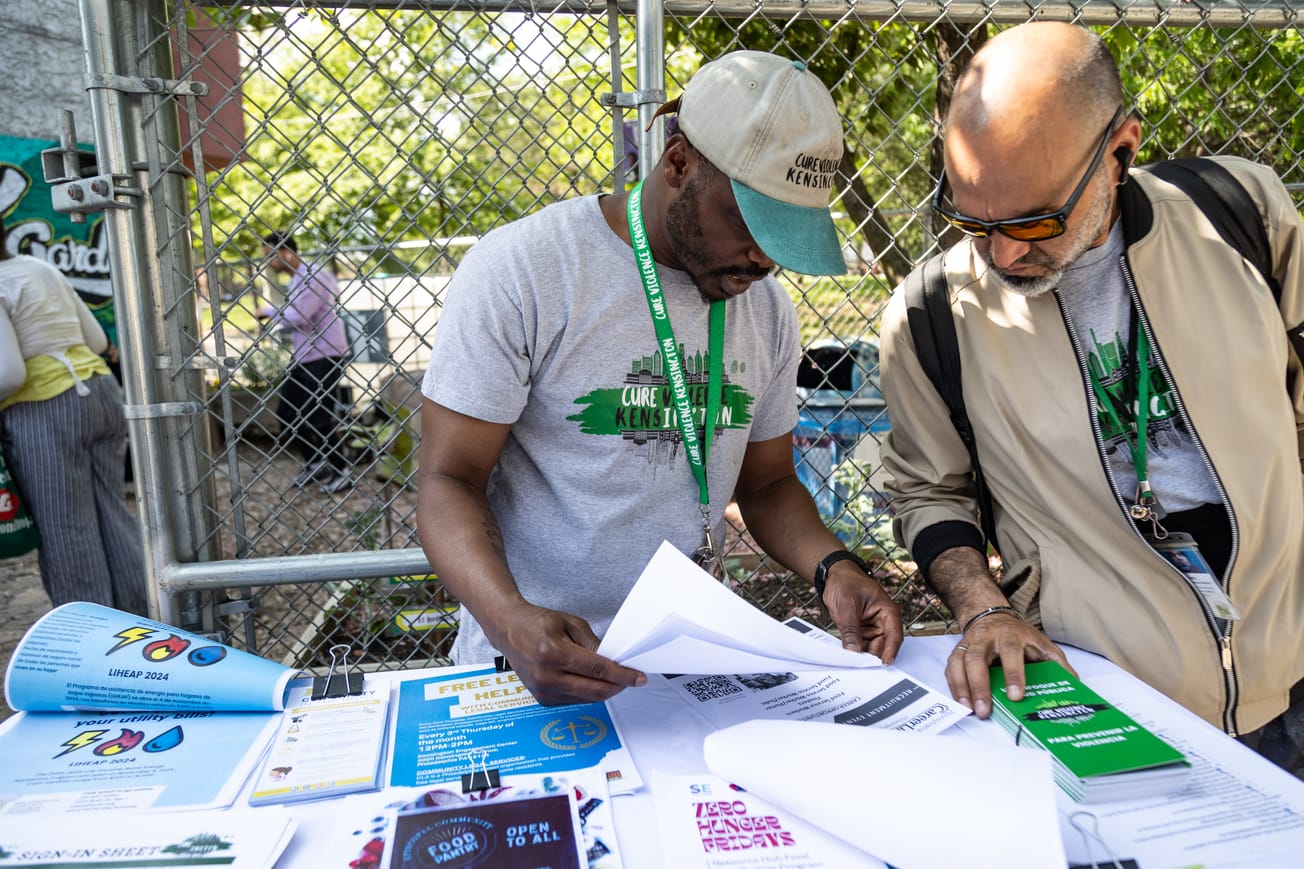At Project HOME’s Stephen Klein Wellness Center, health care workers are encouraging patients to get tested for COVID-19 if they have symptoms like a dry cough or fever.
The center, which largely serves people experiencing homelessness, began offering COVID-19 testing this week after Quest, LabCorp, and other large commercial laboratories added the tests to their services. When COVID-19 was first detected in the city last week, only the city’s Department of Public Health was able to process them.
According to Monica McCurdy, the vice president of health care services for Project HOME, this increased ability for testing is crucial for people experiencing homelessness because they often live in group settings where infection can pass quickly from patron to patron.
“In a safe haven or a shelter, it [is] very, very hard to control the infection from passing from person to person,” McCurdy said. “That’s where the testing is so important — widespread testing — and then working with the city to find a place for folks to quarantine.”
In 2019, during the Office of Homeless Services’ point-in-time count, 5,735 people were counted, and 83% (4,762) of those people were living in an emergency shelter, safe haven, or traditional housing project.
According to Liz Hersh, the director of OHS, the city is looking for a place to isolate people who test positive for COVID-19. It will likely be its own building and separate from existing shelters or safe havens, she said.
In the meantime, OHS is doing what it can to keep the people it serves safe, wrote Kelly Confrancisco, a member of the city’s press office, in an email.
“For those on the street, OHS is providing basic information about the virus and how they can get both shelter and health care,” wrote Confrancisco. “Outreach teams are largely doing this while also distributing hand sanitizer, water, hygiene kits, and a helping hand.”
For those living in shelters, Confrancisco added, OHS workers and guests are following preventive measures such as hand-washing, coughing and sneezing into their elbows, and social distancing as much as they can.
McCurdy said the city’s new measures give her hope, and that she would like the city to secure a safe location for isolating those with the virus. According to McCurdy, while the Department of Health has a protocol for handling other contagious diseases that can result in shelter system outbreaks, she believes this situation is different because of the unique and unknown factors associated with COVID-19.
“This feels a lot harder because you are worried that as soon as you get one or two [cases of COVID19] in this population, it could really spread and then we can become overwhelmed,”McCurdy said. “It’s a new thing. So we have to take every precaution.”
Project HOME has implemented increased preventive measures, like asking patients to postpone routine checkups unless absolutely necessary and wear masks if they are coughing, McCurdy said. Depending on a patient’s condition, their health care provider will also wear protective equipment like a mask or gloves.
According to McCurdy, at St. Columba, one of Project HOME’s men’s safe havens in West Philadelphia, there is also now a separate section of the building for people who are symptomatic. Other shelters and safe havens throughout the city are taking similar measures, McCurdy said.
Implementing these measures is a challenge, McCurdy said. Citywide school closures are forcing some health care and outreach workers to stay home to perform child care responsibilities, making the center understaffed in this time of crisis. Working through these obstacles is frightening for everyone involved, McCurdy said.
“Our goal is to try to not shut down at all until this thing starts to flatten and we can start to breathe a little bit, a sigh of relief,” McCurdy said. “But that might [take], four, six, eight weeks. We don’t know.”
Traductora: N/A / Editor: Jillian Bauer-Reese / Diseñadora: Jillian Bauer-Reese
Kensington Voice is one of more than 20 news organizations producing Broke in Philly, a collaborative reporting project on economic mobility. Read more at brokeinphilly.org or follow on Twitter at @BrokeInPhilly.


